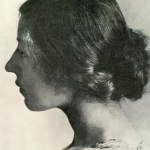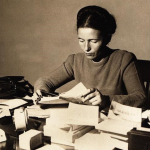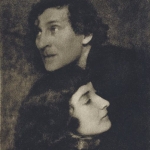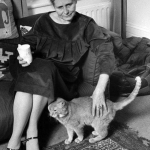JAMES TISSOT ~ IMAGINATION

Summer, 1878, James Tissot.
“It is imagination that inflames the passions by painting in a fascinating or terrible fashion an object which impresses us.”
James Jacques Tissot (1836-1902)
Study for (also known as Woman in an Interior)
James Tissot – circa 1883-1885
James Jacques Joseph Tissot (1836-1902)
“Holiday” c1876







